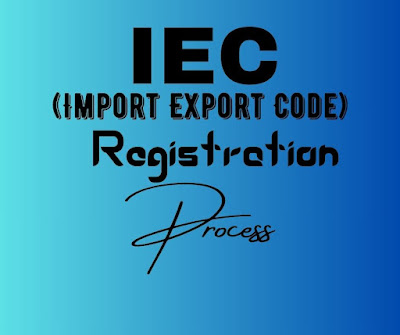The payroll process in India involves various components and calculations to determine the net pay that employees receive. The specific payroll formula used by companies may vary based on their policies, salary structure, and legal requirements. Here's a general overview of the payroll formula in India:
Gross Salary Calculation:
Gross Salary = Basic Salary + Allowances (House Rent Allowance, Travel Allowance, etc.) + Bonuses + Incentives + Other Benefits
Deductions Calculation:
Deductions = Provident Fund (PF) Contribution + Employee State Insurance (ESI) Contribution + Professional Tax + Income Tax Deducted at Source (TDS) + Other Deductions (Loans, Advances, etc.)
Taxable Income Calculation:
Taxable Income = Gross Salary - Deductions (PF, ESI, Professional Tax, etc.)
Income Tax Calculation:
- Income Tax is calculated based on the applicable income tax slab rates. The tax calculation may include deductions under various sections of the Income Tax Act, such as 80C, 80D, etc.
- The exact formula for income tax calculation may be complex due to the different slabs and exemptions.
Net Pay Calculation:
Net Pay = Gross Salary - Deductions (PF, ESI, Professional Tax, TDS, etc.) - Income Tax
Final Payroll Processing:
- The calculated net pay is disbursed to the employee through bank transfers, and a salary slip is provided.
Other Components:
- The formula may also consider additional components such as overtime pay, leave encashment, and other special allowances.
It's important to note that specific salary components, deductions, and calculations may vary based on company policies, employee agreements, and the nature of the job. Additionally, compliance with legal requirements, such as Provident Fund, Employee State Insurance, and Professional Tax, is crucial in the payroll process.
Companies often use payroll software to streamline and automate these calculations, ensuring accuracy and adherence to legal regulations. Consulting with payroll professionals, HR experts, and tax advisors can provide precise guidance on implementing the payroll formula and ensuring compliance with applicable laws in India.











